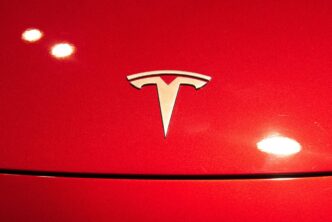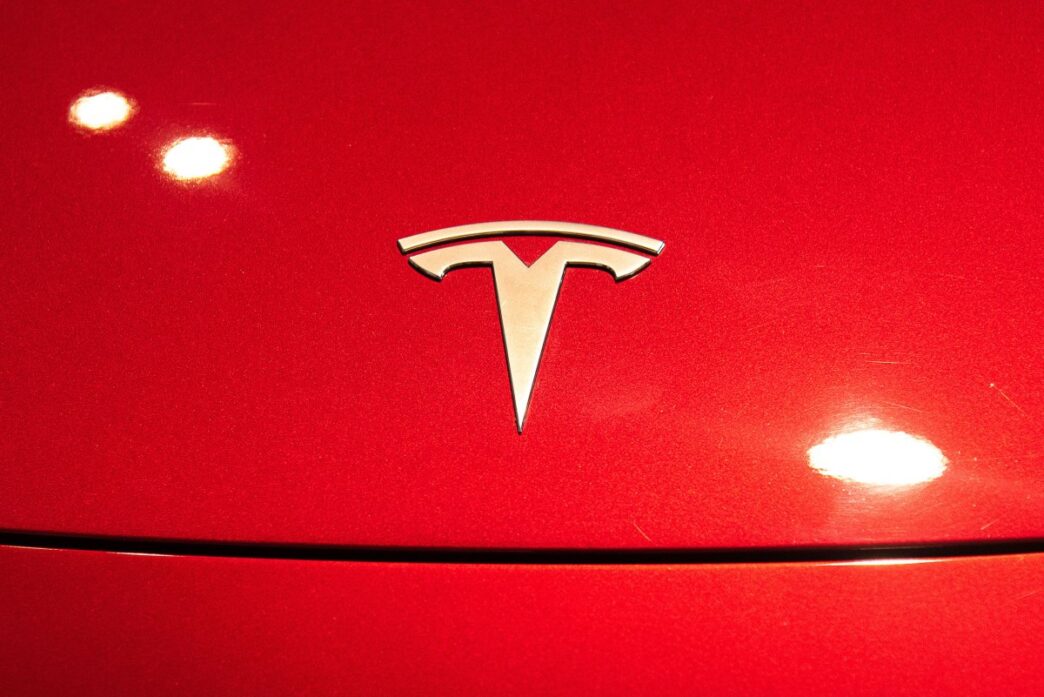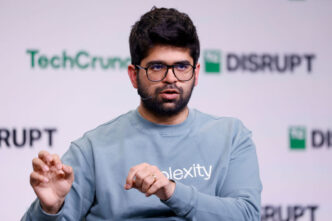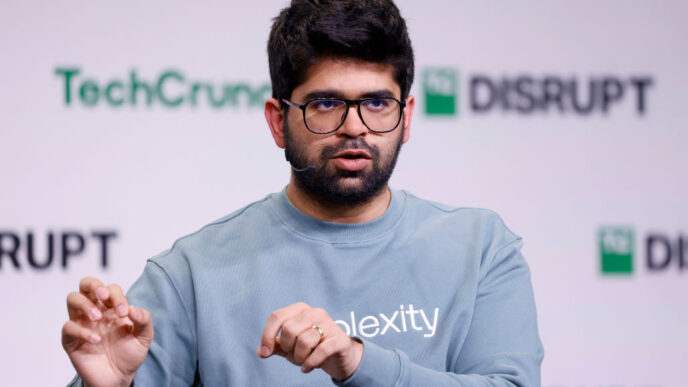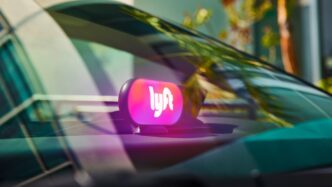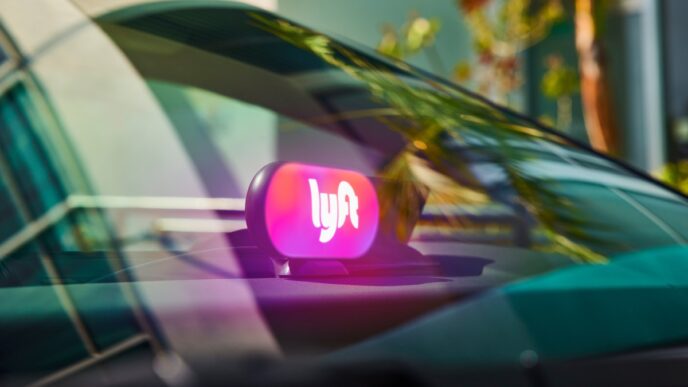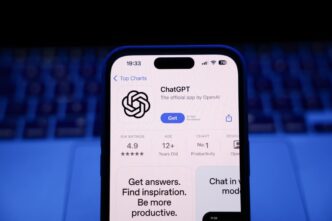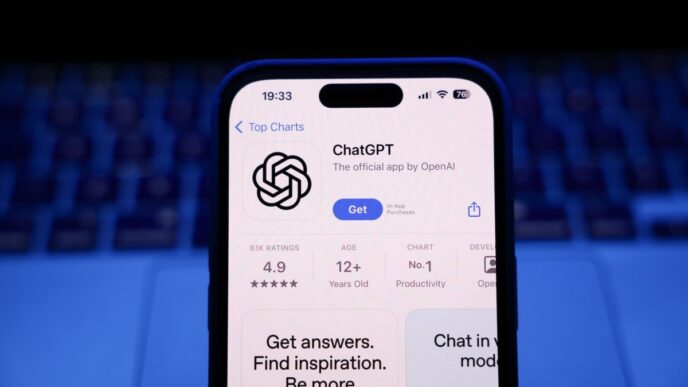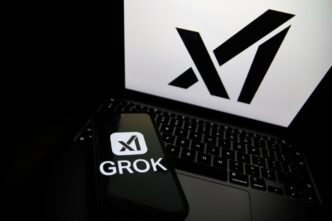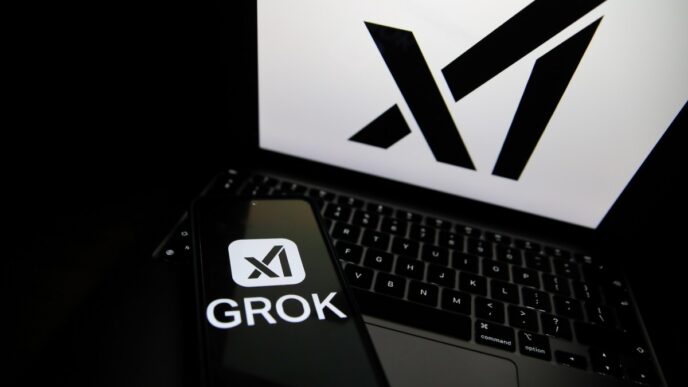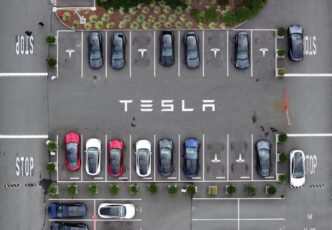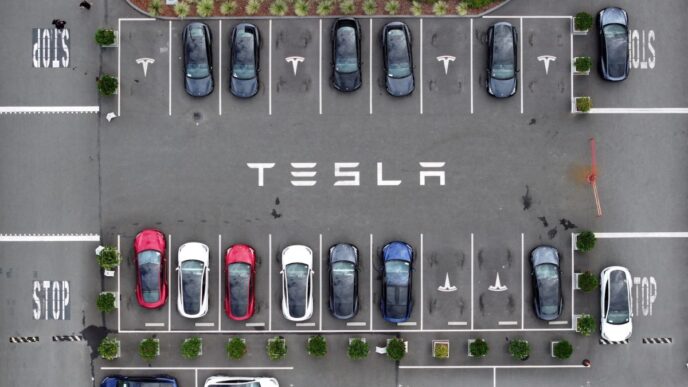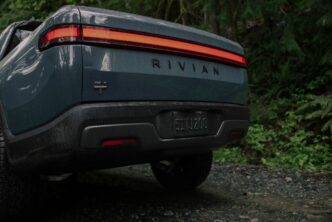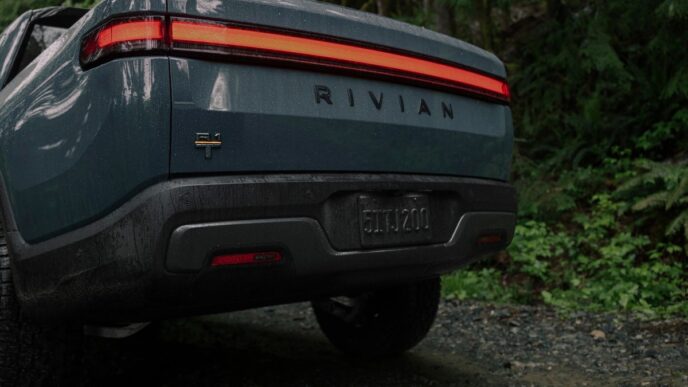Tesla hit with $242.5M verdict over fatal 2019 crash involving Autopilot.
A Miami federal jury found Tesla partly liable for a deadly crash where Autopilot failed to brake at an intersection. The car struck an SUV, killing 20-year-old Naibel Benavides Leon and severely injuring Dillon Angulo. Tesla was assigned one-third blame; the driver took two-thirds.
Punitive damages target only Tesla, pushing total payouts to about $242.5 million, confirmed by the plaintiff’s attorney to TechCrunch.
The trial lasted three weeks and marks one of the first major losses Tesla has faced over Autopilot claims. Tesla had mostly settled prior lawsuits of this nature.
Plaintiffs’ lead attorney Brett Schreiber blasted Tesla for reckless marketing:
“Tesla designed Autopilot ‘only for controlled access highways yet deliberately chose not to restrict drivers from using it elsewhere, alongside Elon Musk telling the world Autopilot drove better than humans.”
“Tesla’s lies turned our roads into test tracks for their fundamentally flawed technology, putting everyday Americans like Naibel Benavides and Dillon Angulo in harm’s way,” said Schreiber.
“Today’s verdict represents justice for Naibel’s tragic death and Dillon’s lifelong injuries, holding Tesla and Musk accountable for propping up the company’s trillion-dollar valuation with self-driving hype at the expense of human lives.”
Tesla responded, calling the verdict “wrong” and pledging to appeal citing “substantial errors of law and irregularities at trial.”
“Today’s verdict is wrong and only works to set back automotive safety and jeopardize Tesla’s and the entire industry’s efforts to develop and implement life-saving technology,” Tesla said.
“To be clear, no car in 2019, and none today, would have prevented this crash. This was never about Autopilot; it was a fiction concocted by plaintiffs’ lawyers blaming the car when the driver — from day one — admitted and accepted responsibility.”
Tesla and Elon Musk have long claimed Autopilot beats human drivers, fueling overconfidence. Government investigations and the NTSB have repeatedly criticized Tesla’s approach after multiple deadly crashes, including a 2018 fatality where the driver was distracted playing a mobile game.
Musk himself acknowledged in 2018 that complacency with Autopilot is a problem:
“They just get too used to it. That tends to be more of an issue. It’s not a lack of understanding of what Autopilot can do. It’s [drivers] thinking they know more about Autopilot than they do,” Musk said.
This verdict hits as Tesla moves ahead with its Robotaxi rollout in Austin, using an upgraded Full Self-Driving system. The ruling could have huge ripple effects on Tesla’s push to commercialize autonomous ride-hailing.
Update: Added total compensatory damages for the final $242.5M figure.
